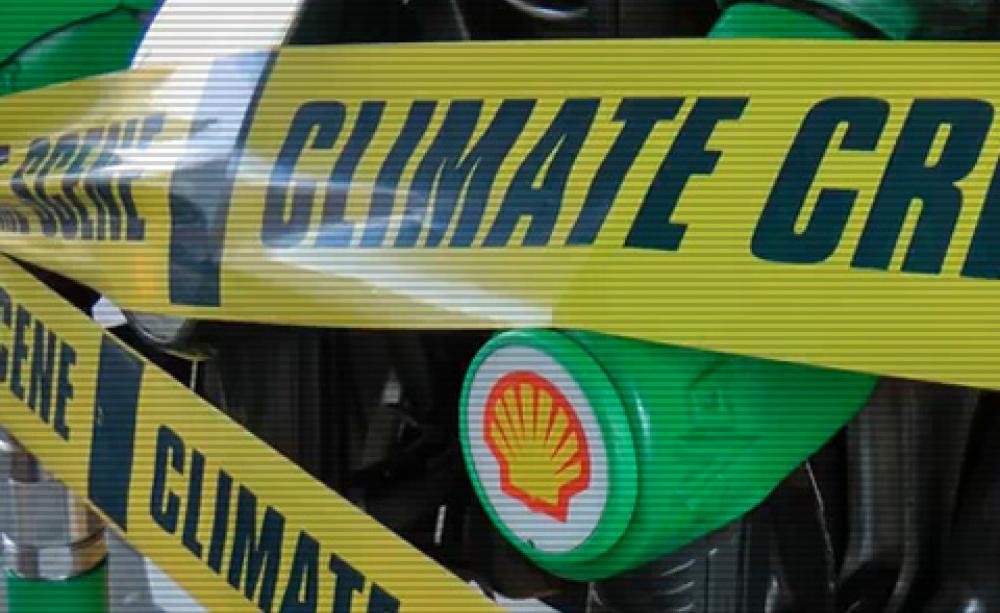Shell has been aware of climate change for over 30 years, but the company’s been telling the public a very different story.
Confidential documents dating back to the 1980s have recently been revealed showing Shell clearly knew about the dangers posed by climate change. An internal briefing in 1988 warned that:
”by the time global warming becomes detectable it could be too late to take effective countermeasures to reduce the effects or even to stabilize the situation’.
Shell was also alerted to the ‘major social, political, and economic changes’ that climate change would bring. The company even predicted a future in which catastrophic weather events and mounting public concern would trigger lawsuits against the government and fossil fuel companies, encouraged by growing protest movements.
This early awareness, though, didn’t stop Shell extracting fossil fuels. The company was worried that if the issue of climate change became better known, public opinion might shift against oil and gas and towards renewable energy, and that would put Shell’s profits at risk.
So instead it spread doubt about the validity of the science, talked of ‘clean coal’ and supported climate ‘sceptics’ who believed ‘concerns over global warming to be exaggerated and misguided’, as stated in a 1994 report. It was also quick to deflect most responsibility for dealing with climate change onto governments – though it did acknowledge the energy industry needed to ‘work out the part it should play’.
At the same time, Shell tried to clean up its image through a marketing strategy that focused on ‘community engagement’. It produced glossy adverts presenting a bright future powered by renewables, despite its tiny investment in clean energy.
The company still plans to keep 95 percent of its future investments in fossil fuels, putting just 5 percent into renewables. Meanwhile, its latest projections for preventing more than 2C warming have been criticised for allowing fossil fuel use to continue for too long at current levels, as well as relying on unproven ‘negative emissions’ technologies.
